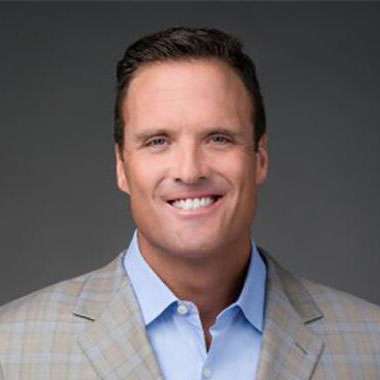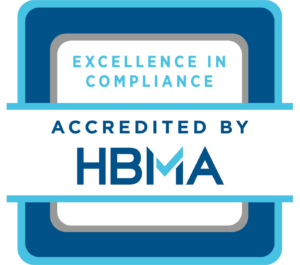I had a surgery recently. Prior to me going under though, I was joking around with him. I said, “Hey, I noticed my allowable is like 1500 bucks. That’s pretty good. Blue Cross Arkansas is going to pay you well for this 20-minute procedure.” And he kind of chuckled. I said, “Do you have a Medicare patient after me paying you half?” He said yes, but I went further, and I said, “You have a lot of costs by just performing this surgery, don’t you? Do you know how much it costs and how many people and touches it takes to get my claim paid for you?” He said no, so I said, “Do you think that that would be something important for a business owner?” He agreed.
I like to compare what we are doing with Effective Intelligence to what Henry Ford did a hundred years ago. He realized he could have one person make an entire car, or he could figure out the order in which things need to be assembled to be able to produce more at a higher margin to get better costs on raw materials. How can we in American healthcare still not answer that question? Today, everyone’s talking about AI and automation, but humans are not going to ever be taken away from the revenue cycle. For instance, commercial managed care payers are always going to create chaos. They’re looking for people to make mistakes.
Then, how do I motivate people? How do I get people on my revenue cycle teams to become more focused on self-actualization – do more today, do better today? You must recognize that effort and reward it. Our software pairs with any PM system and allows you to track every touch and by whom those touches are occurring to get you paid. From the studies that we’ve done, including our own RCM team, there was 357,000 touches over a couple of years’ worth of services. For our team, it’s about $5.25 a touch to a claim. Everything we do for our RCM company is still onshore, so it’s more expensive.
If I could reduce 50% of that cost, what is that going to do to the margin of a privately held company like us? It’s going to be huge. We have to start thinking about touches as waste. The quote that I always use is that once you start touching claims, post service and post coding, your margin starts to go down. Your wallet share is shrinking. And if we look at the macroeconomic factors today, then compared to even three or four years ago, what do we have – inflationary prices, more money spent on supplies and people. We also have tight staff turnover. Every one of our clients is suffering with clinical staff moving elsewhere to get better jobs for more money. So, you have this chaos going on in the clinical machine and then you’ve got the RCM administrative staff, which you’re also now paying 10-20% more.
You have insurance companies that don’t want to pay you more. Medicare will continue to look at ways to narrow what they pay. So it’s not a pretty picture for anybody that runs a revenue cycle. We want to empower our clients with tools that allow them to claw back some of that lost margin. That’s the position that our business is in now. So yes, we still have a rock-solid PM system, but we do integrate with any EMR out there. Yes, we still have an RCM services business both on the self-pay side as well as the insurance side, but it’s the Effective Intelligence suite that comprises most of the conversations that we’re having now, and that’s where we want to be as a company. We want to continue to push the frontier on what we’re doing.
MGMA put out a great article yesterday, and it was so great to see that everything we’re doing is aligned with what MGMA is hearing in terms of strategies for 2024 almost to the T. And the quandary now though is how do you get providers to actually acknowledge that and act on it? Because selling in healthcare is very hard. It’s always been hard. What we saw this last year is that people did not want to spend money when they were losing so much money. So the question is, what is it going to take for a provider to realize that they have to make investments in technology to be able to claw back some of that margin? And I don’t have an answer to that yet. Not on that side.










